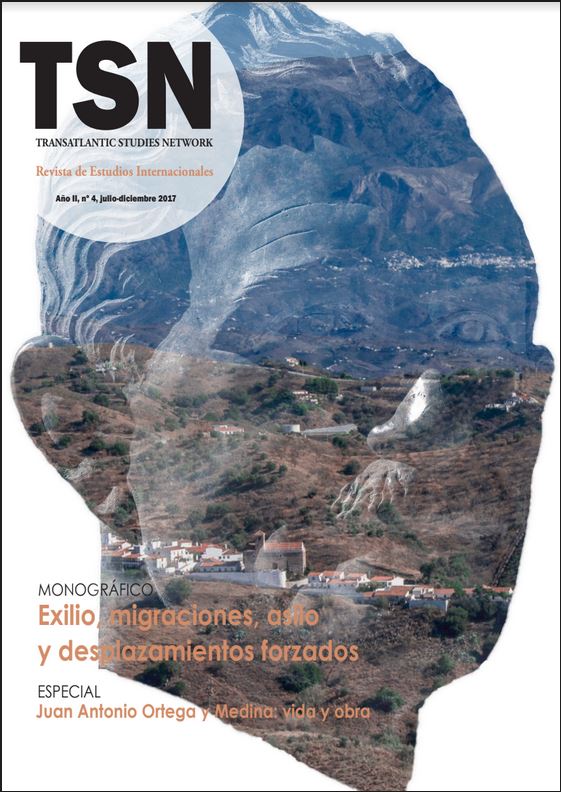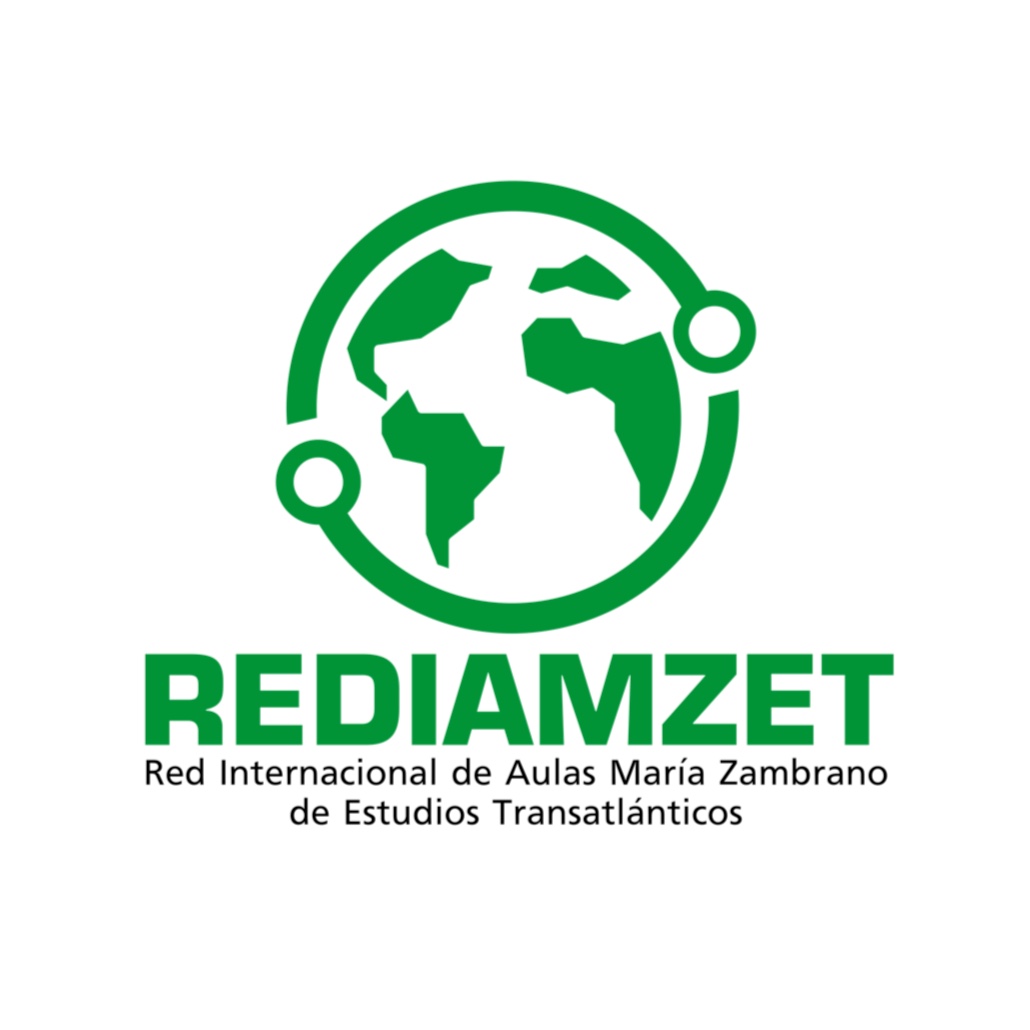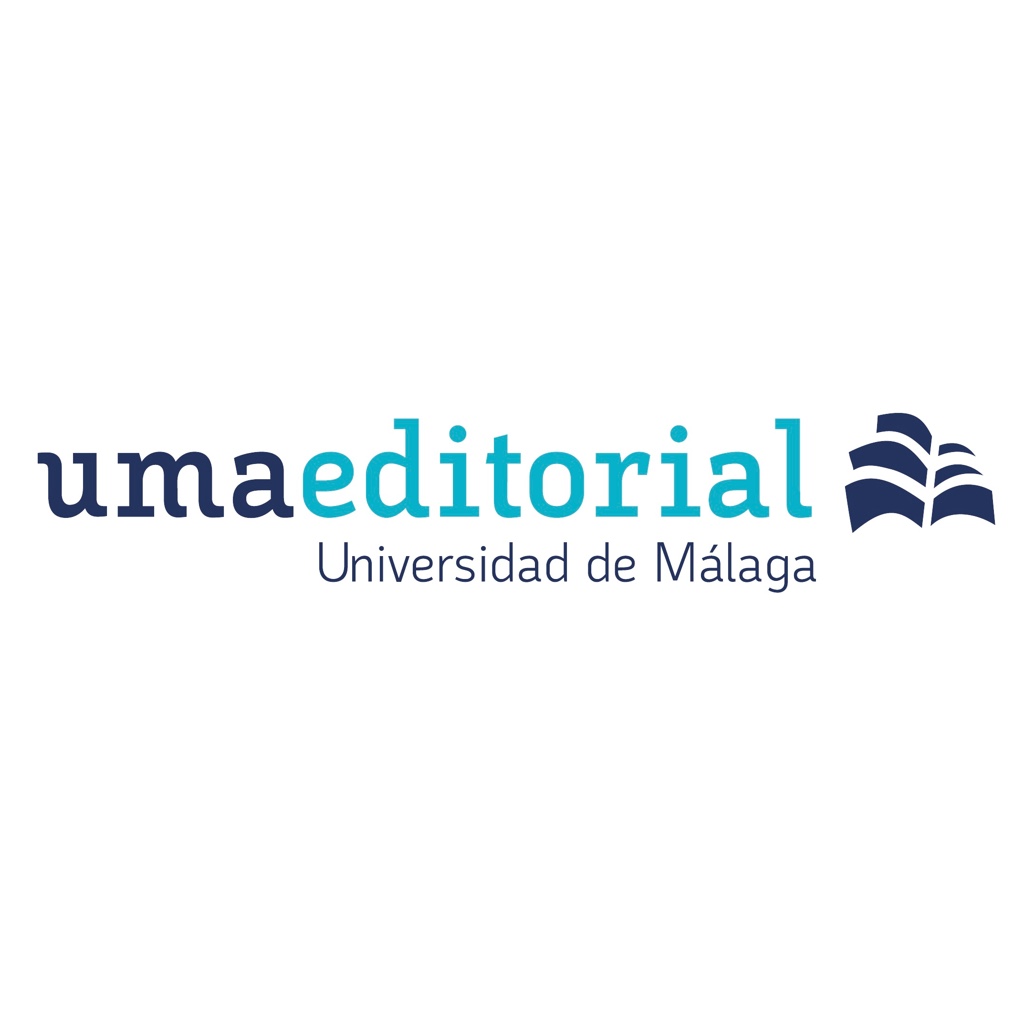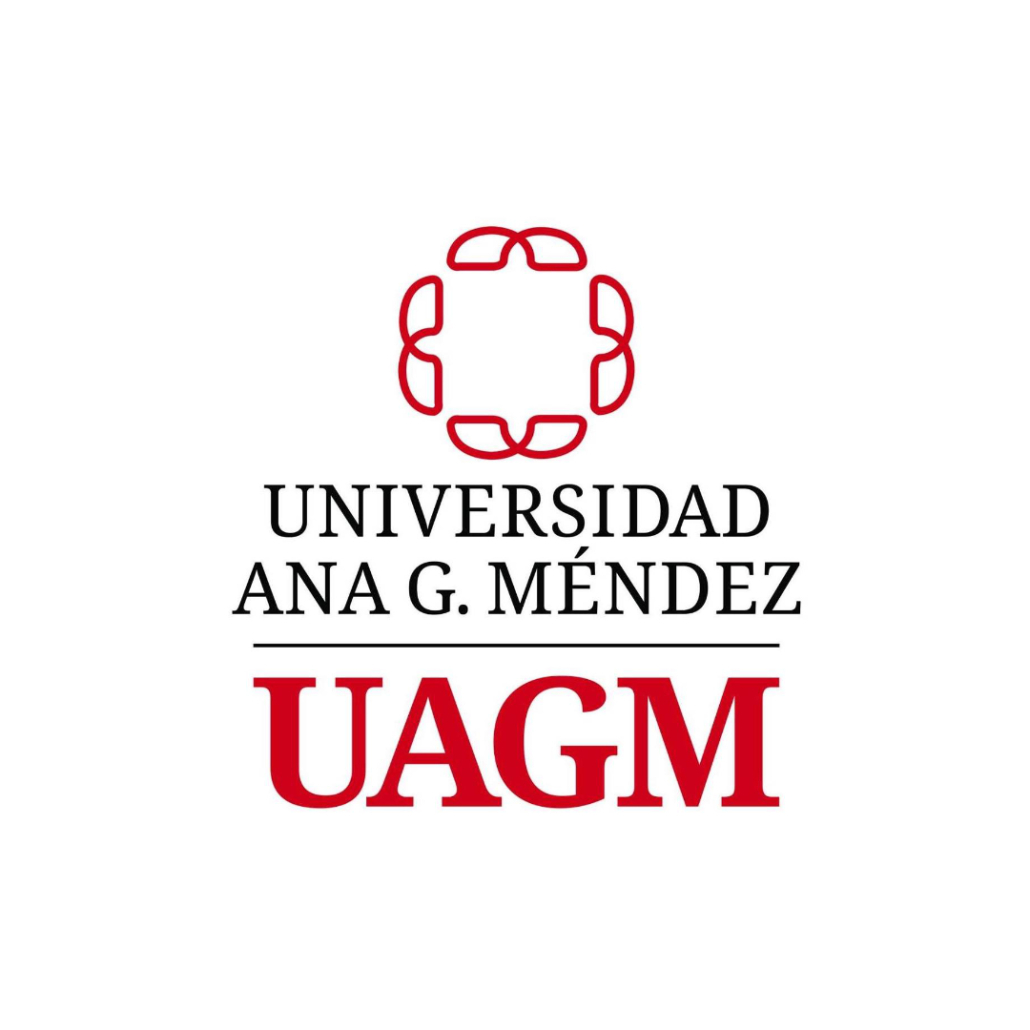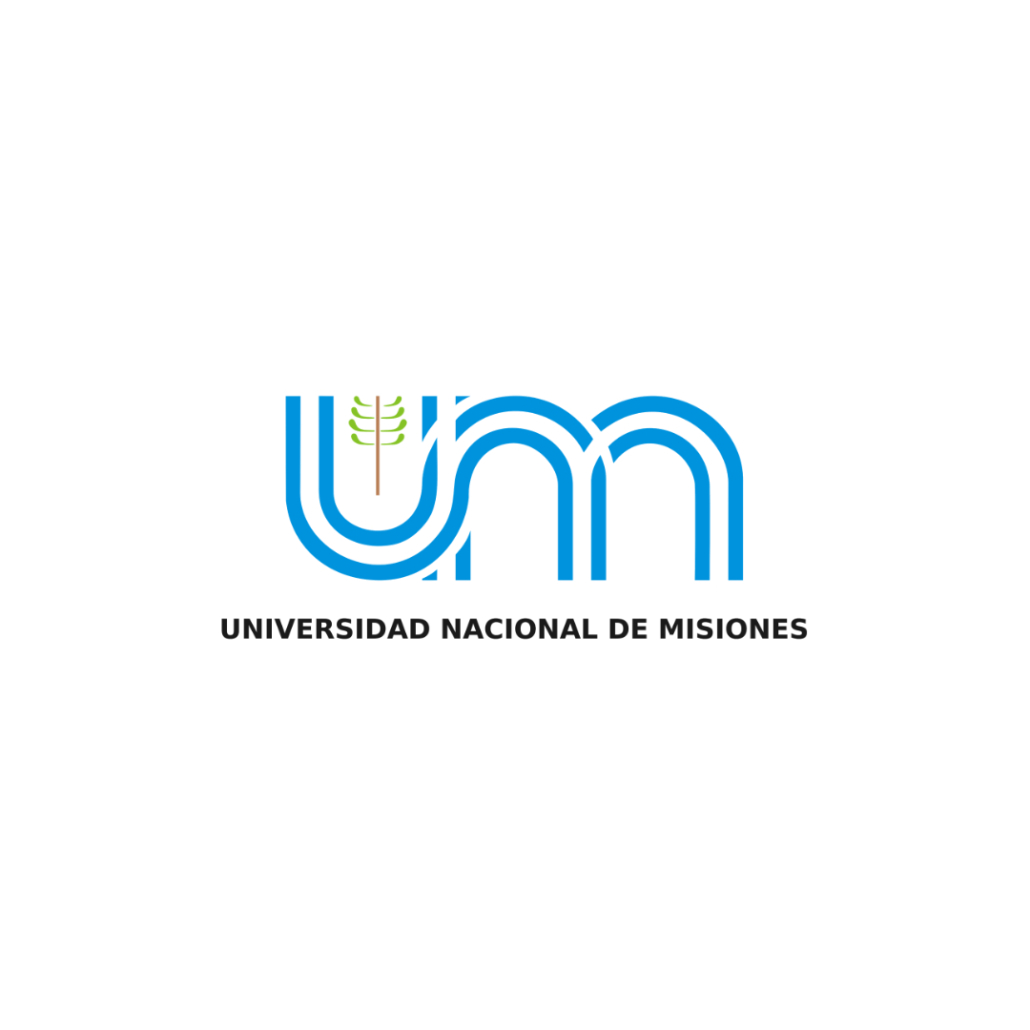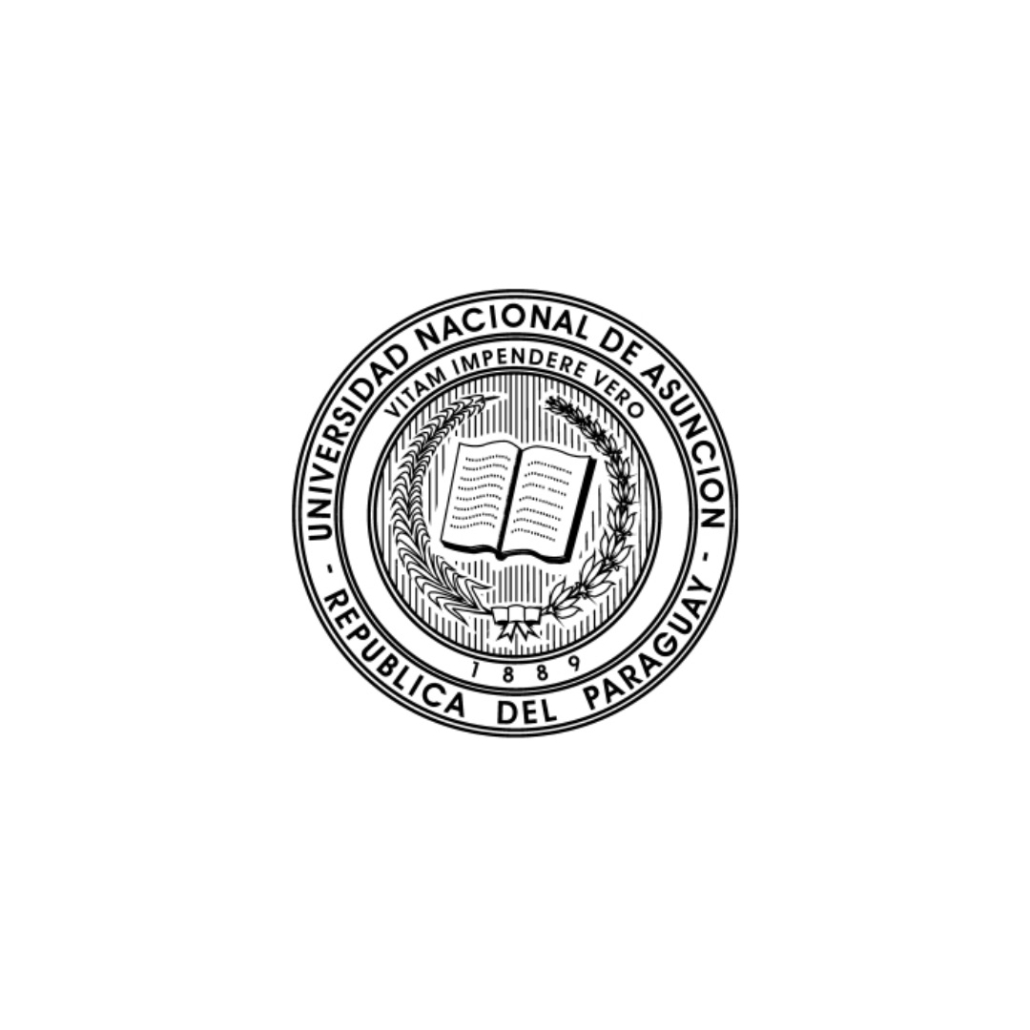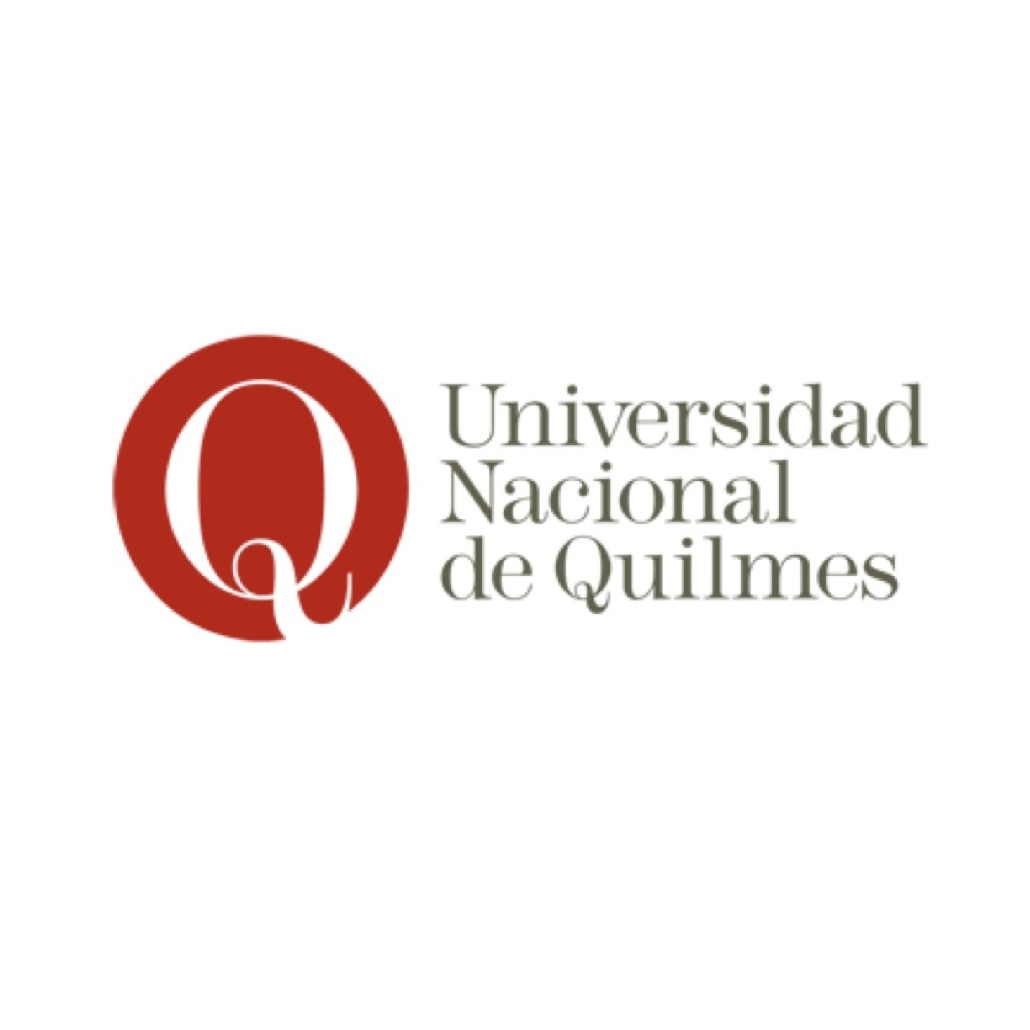Spanish Intellectuals in México: Republican Exile from a Long-Term Historical Perspective
DOI:
https://doi.org/10.24310/transatlantic-studies-network..4.2017.19369Keywords:
México, Spain, history, twentieth century, Second Spanish Republic, exile, Cardenism, México-Spain relationsAbstract
The Republican exile marks one of the greatest moments of cultural exchange between México and Spain. The aim of this article is to analyze that moment not as an isolated fact, but as part of the complex relations and cultural exchanges between both countries throughout two centuries after Mexican independence. Those relations were characterized by the importance of Spain, and the Spanish people in the national construction of México and by the debates and controversies about race and immigration developed in Mexican public life along the nineteenth century and the first decades of the twentieth.
Downloads
Metrics
Downloads
Published
How to Cite
Issue
Section
License
Copyright (c) 2024 TSN. Transatlantic Studies Network

This work is licensed under a Creative Commons Attribution-NonCommercial-ShareAlike 4.0 International License.

